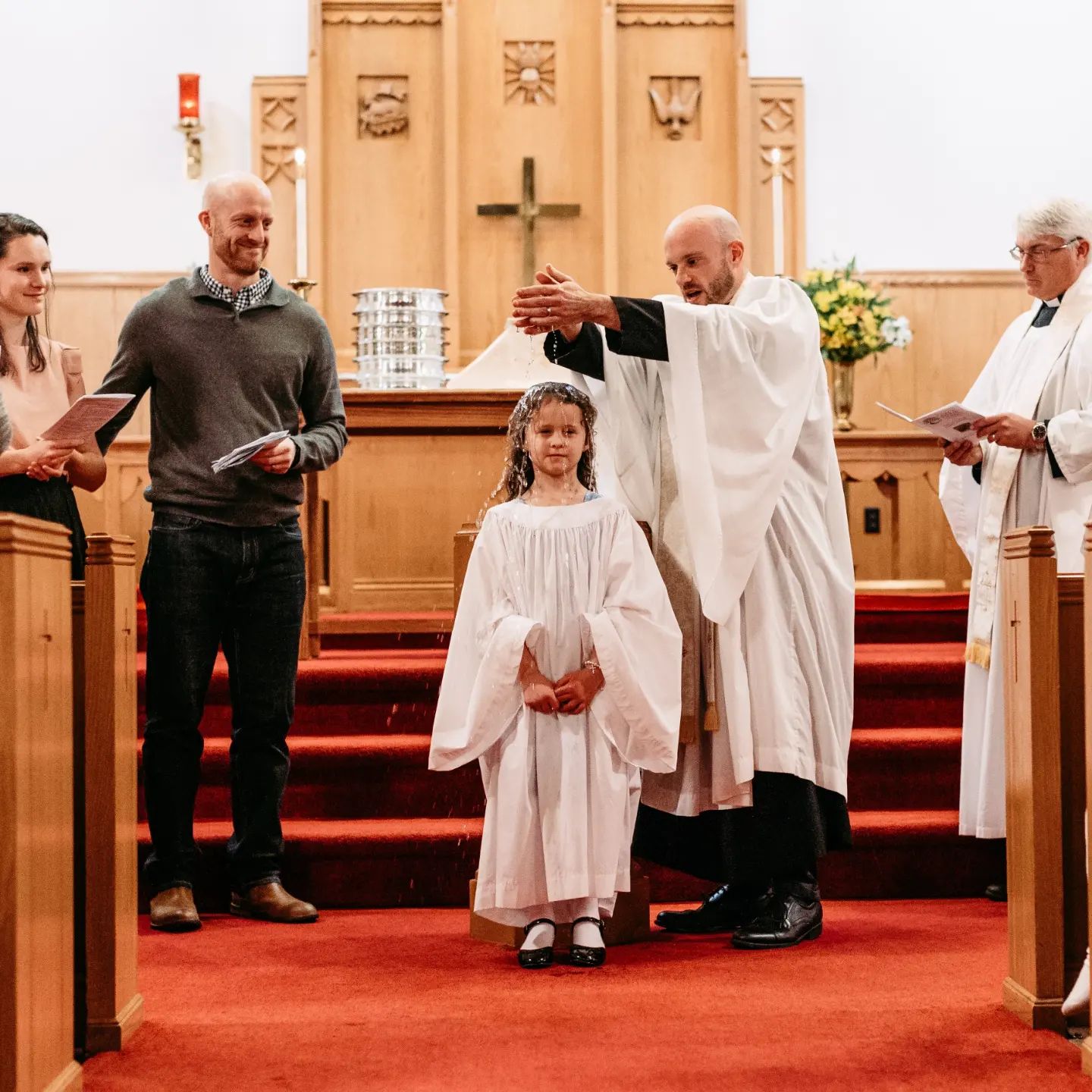
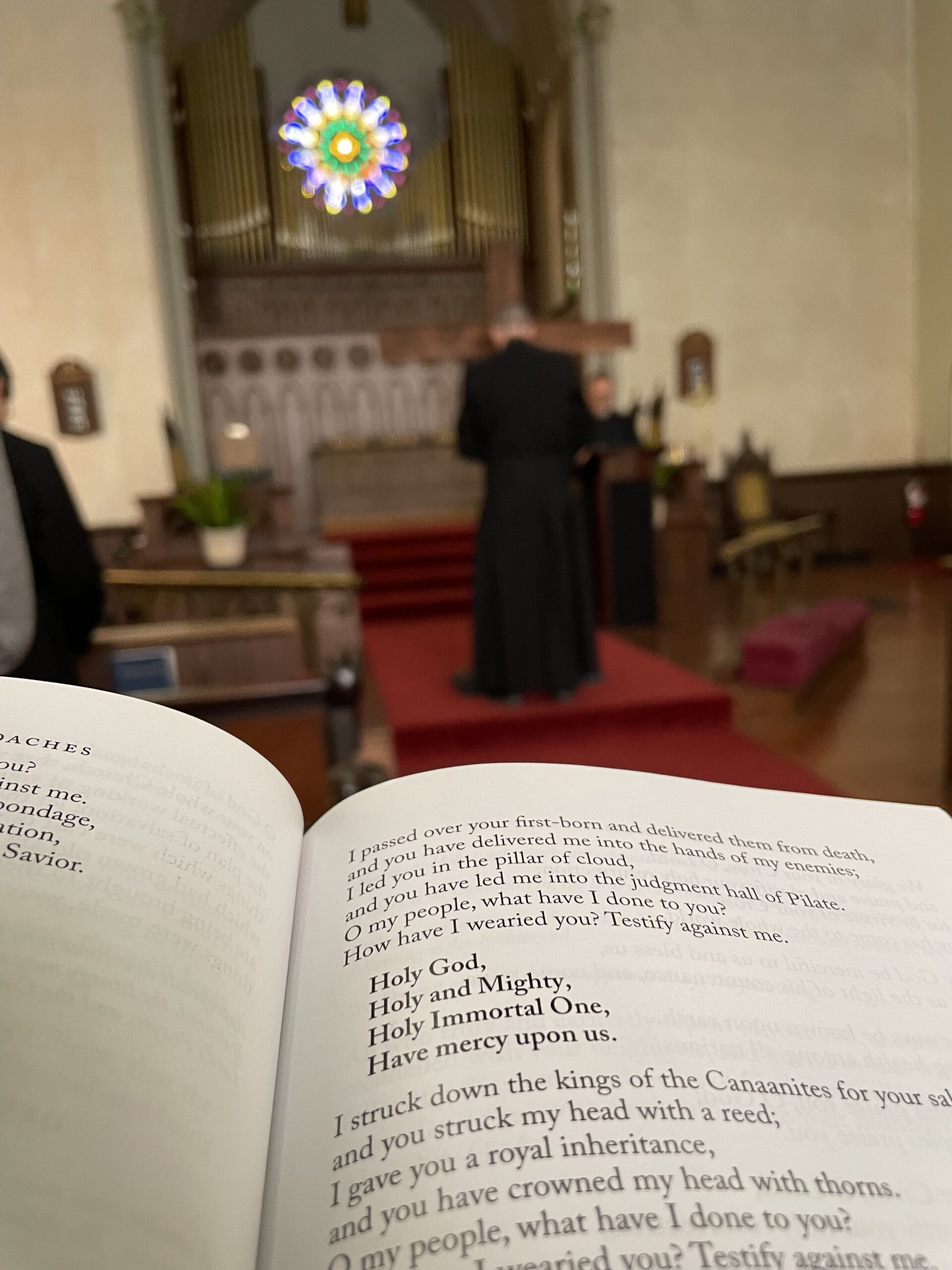
Anglicans are, most fundamentally, Christians. Rooted in the ancient church and affirming the Nicene Creed, Apostles’ Creed, and Athanasian Creed, we, like all Christians, believe in and proclaim the good news of Jesus Christ crucified, risen, and ascended. Our beliefs are best summarized in a document called the Thirty-Nine Articles of Religion, the foundational statement of Anglican belief. In it you will see that we both hold to the fundamentals of the ancient church and embrace the central tenets of the Reformers, such as salvation by Christ alone, the authority and sufficiency of the scriptures for defining belief and doctrine, and justification by faith. We are committed to promoting and protecting the biblical gospel and mission to the world, as stated in the Jerusalem Declaration.
Anglicans are distinctive in our use of standards for discipleship and worship. We use ancient modes of worship brought together in the Book of Common Prayer. That worship is led most often by clergy, but it is highly participatory through the responses of the congregation. We follow the church calendar with holidays and seasons like Christmas, Epiphany, Lent, Easter, and Pentecost. These rhythms remind us of different aspects of what God has done for us in Christ Jesus and aid in devotion, education, and spiritual formation.
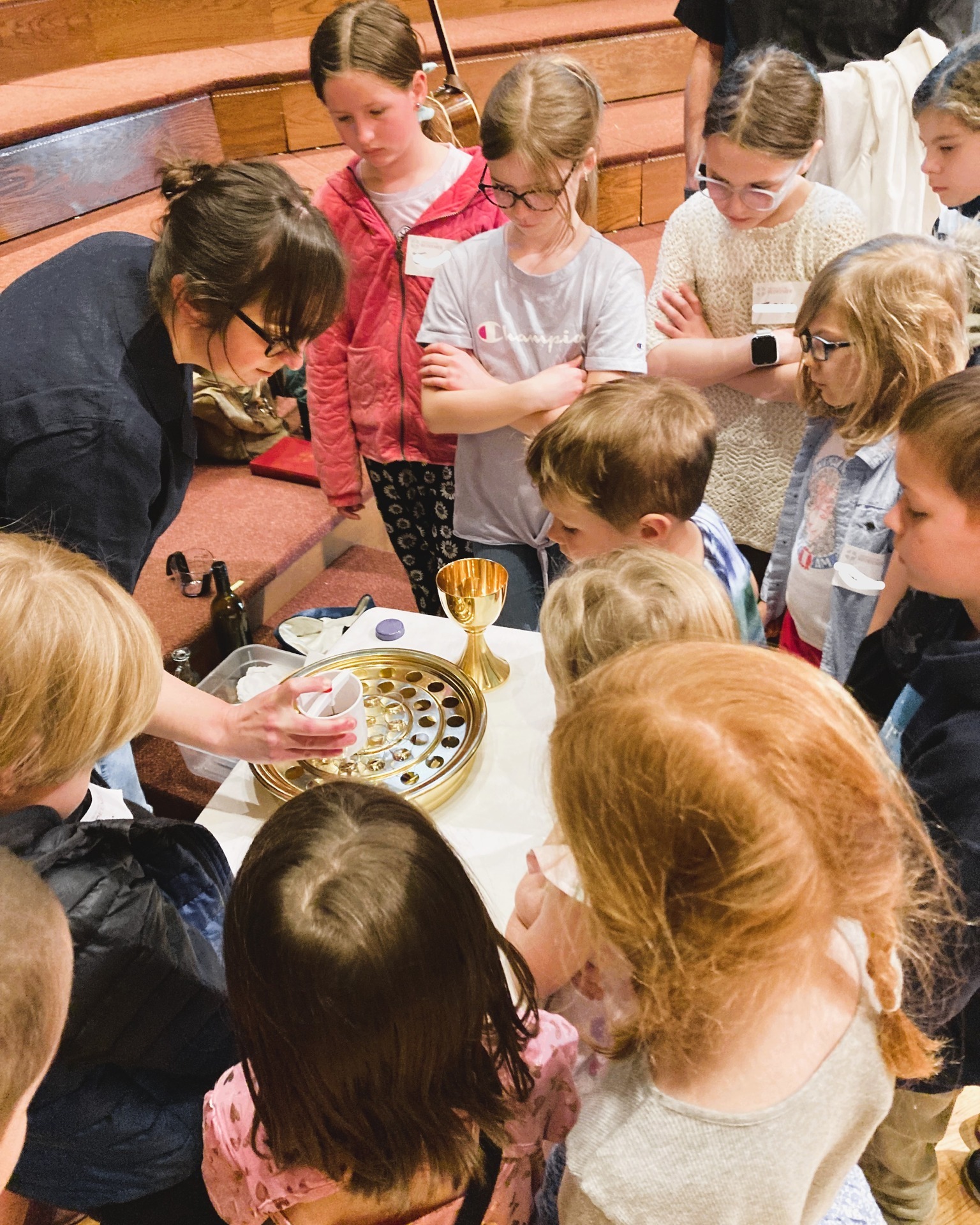
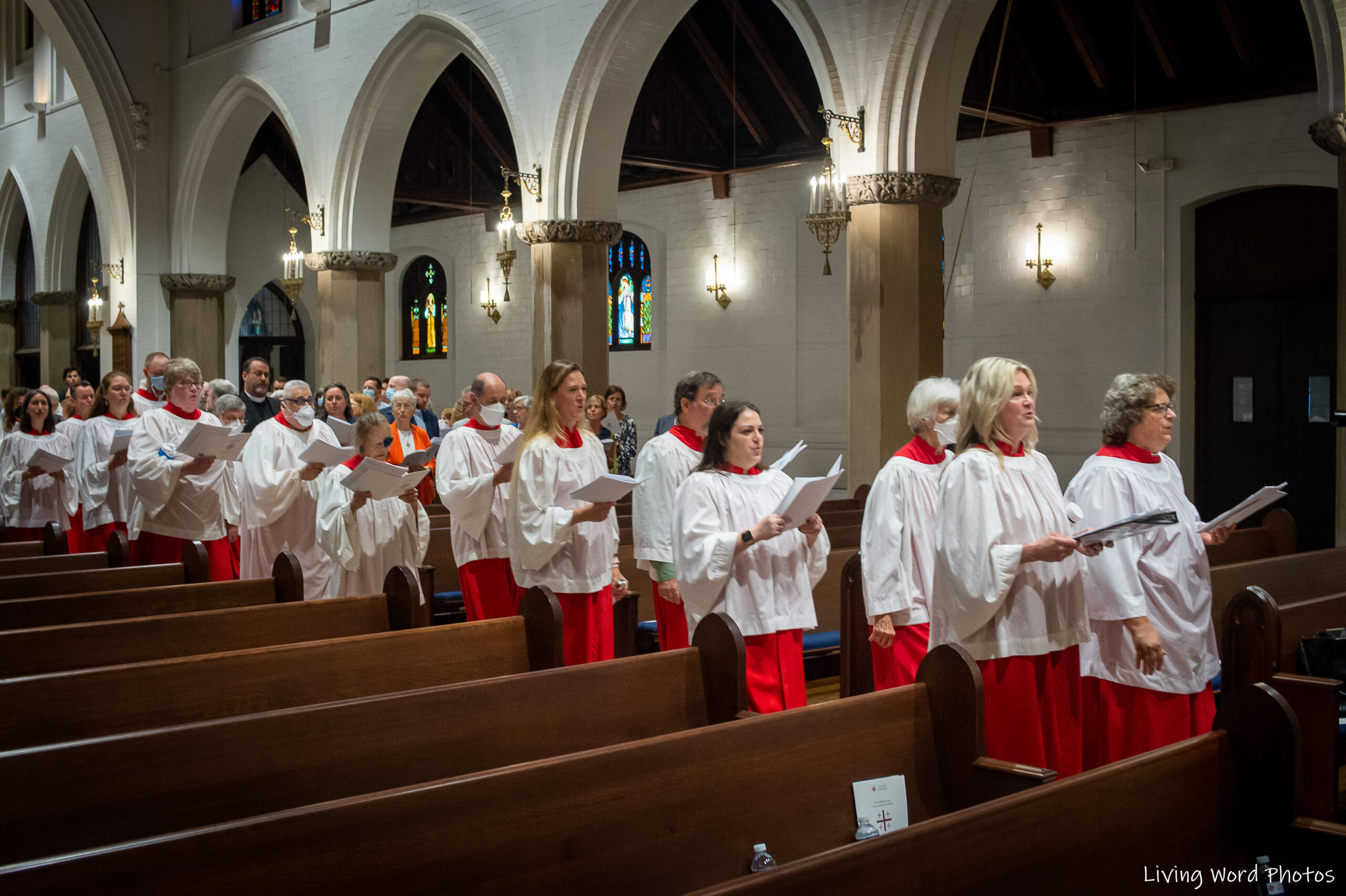
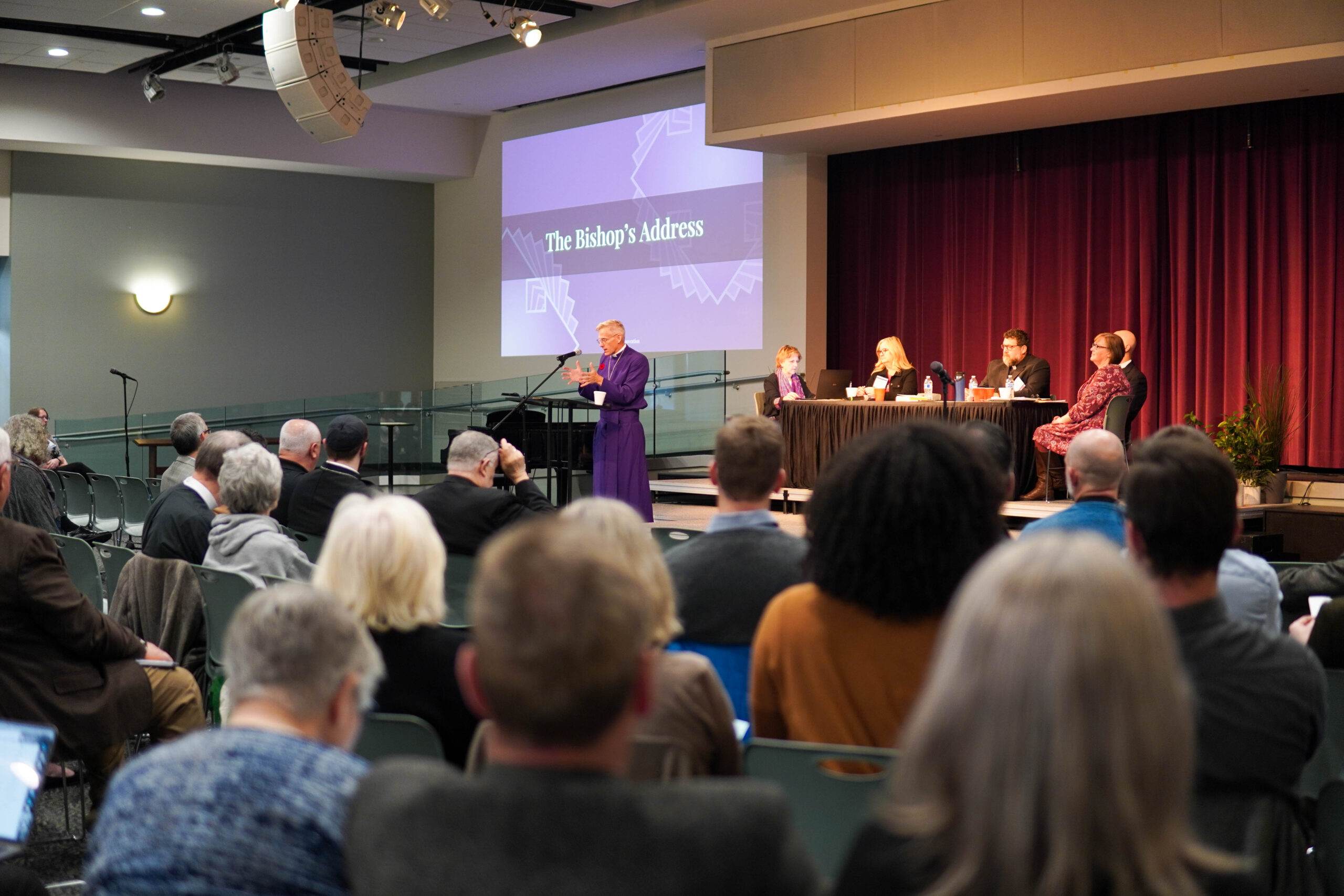
Thank you for joining our email list. Need to get in touch or update your other contact information? Email us at communications@adpgh.org.